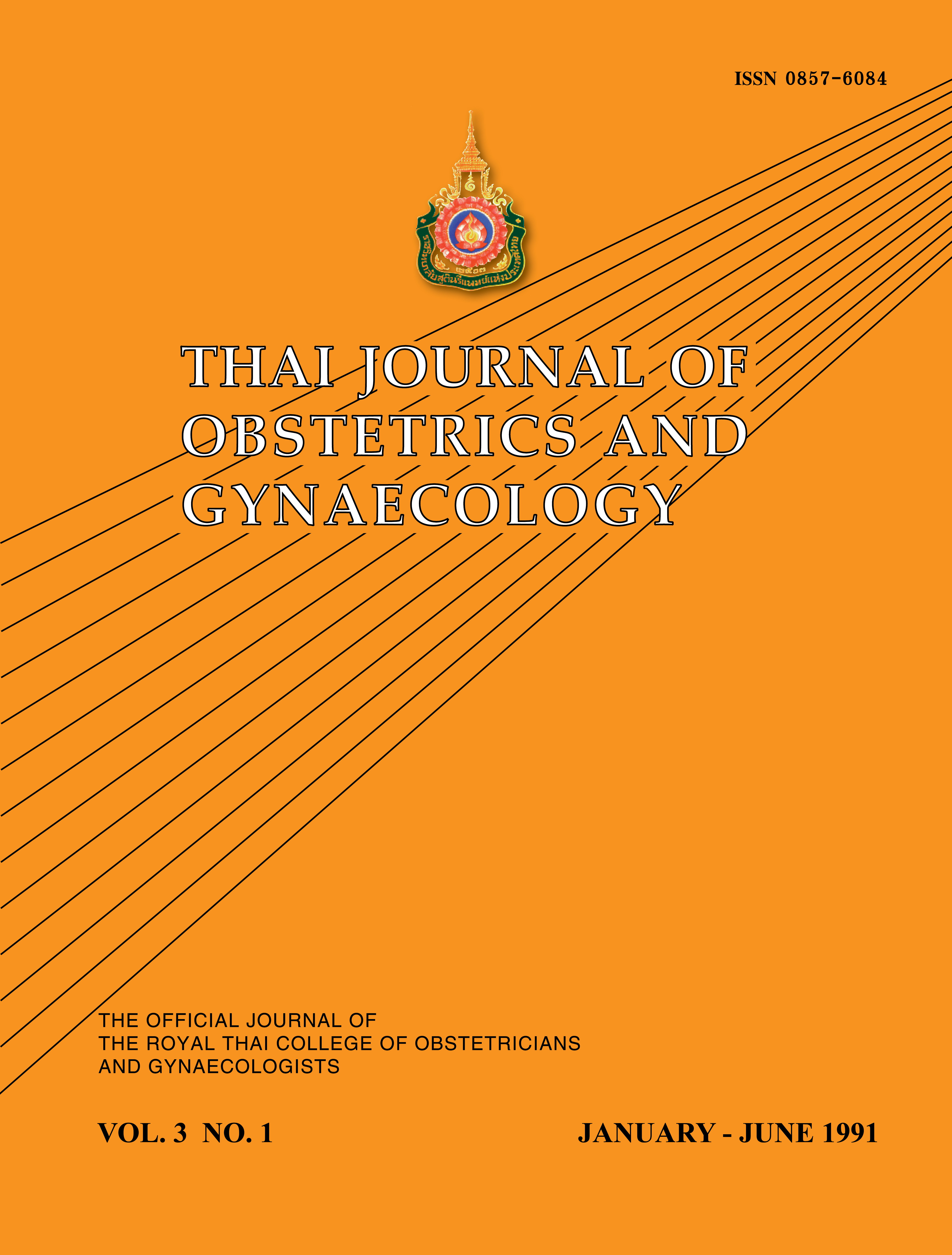The Effects of Thymus Peptides and Oxytocin on Motility and Vitality of In Vitro Cultivated Human Spermatozoa
Main Article Content
Abstract
The thymus is, according to the contemporary opinion, a part of the hypo thalamus-pituitary-thymus-gonadal axis and participates in the regulation of the endocrine reproductive functions in human organisms. Besides specific hormone syn thesis, neurohormone substances are made in the subcapsular zone (oxytocin, vaso pressin). In human seminal plasma of fertile males, high levels of thymic hormone thymosin a 1 have been found, which influence the maturation processes and germi nal cells function. High concentrations of neurohormone oxytocin (OT) have been re corded in the male reproductive tract. The results of the investigations confirm the influence of human fetal thymus extract (FTH) and juvenile calf thymus extract (ICTH) on the motility and vitality of human sperm. These extracts, which beside other biologically active substances, contain thymosin a 1 and oxytocin, were added to human sperm as a medium addition for sperm washing (SWM); after that, the in vestigation of their number and some vitality parameters was done: motility (M), pro gressive motility (PM), velocity motility (VM) and velocity of the progressive motility (VPM). Preliminary results of these studies indicate that the thymic factors applica tion can be of use in the investigation and clinical treatment of male infertility, as well as in in vitro fertilization (IVF) procedures. (Thai J Obstet Gynaecol 1991; 3:13-19.)
Article Details

This work is licensed under a Creative Commons Attribution-NonCommercial-NoDerivatives 4.0 International License.


